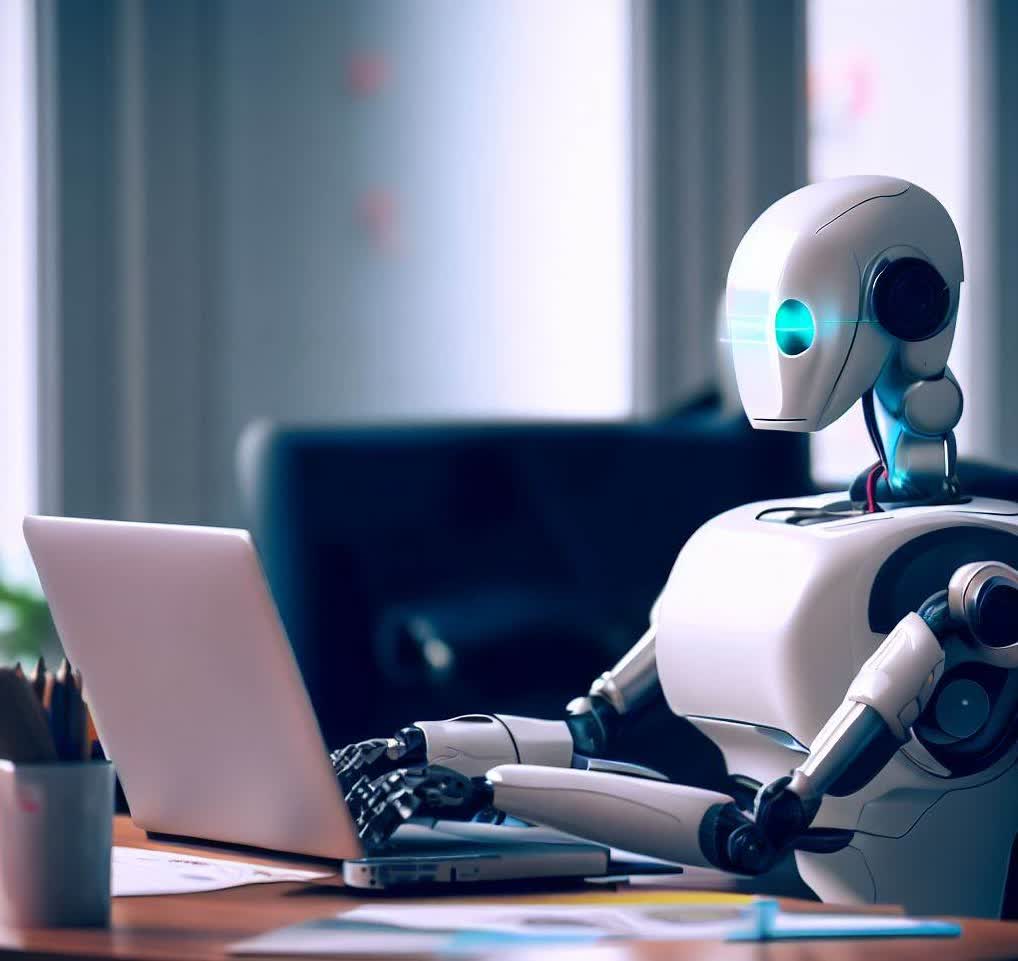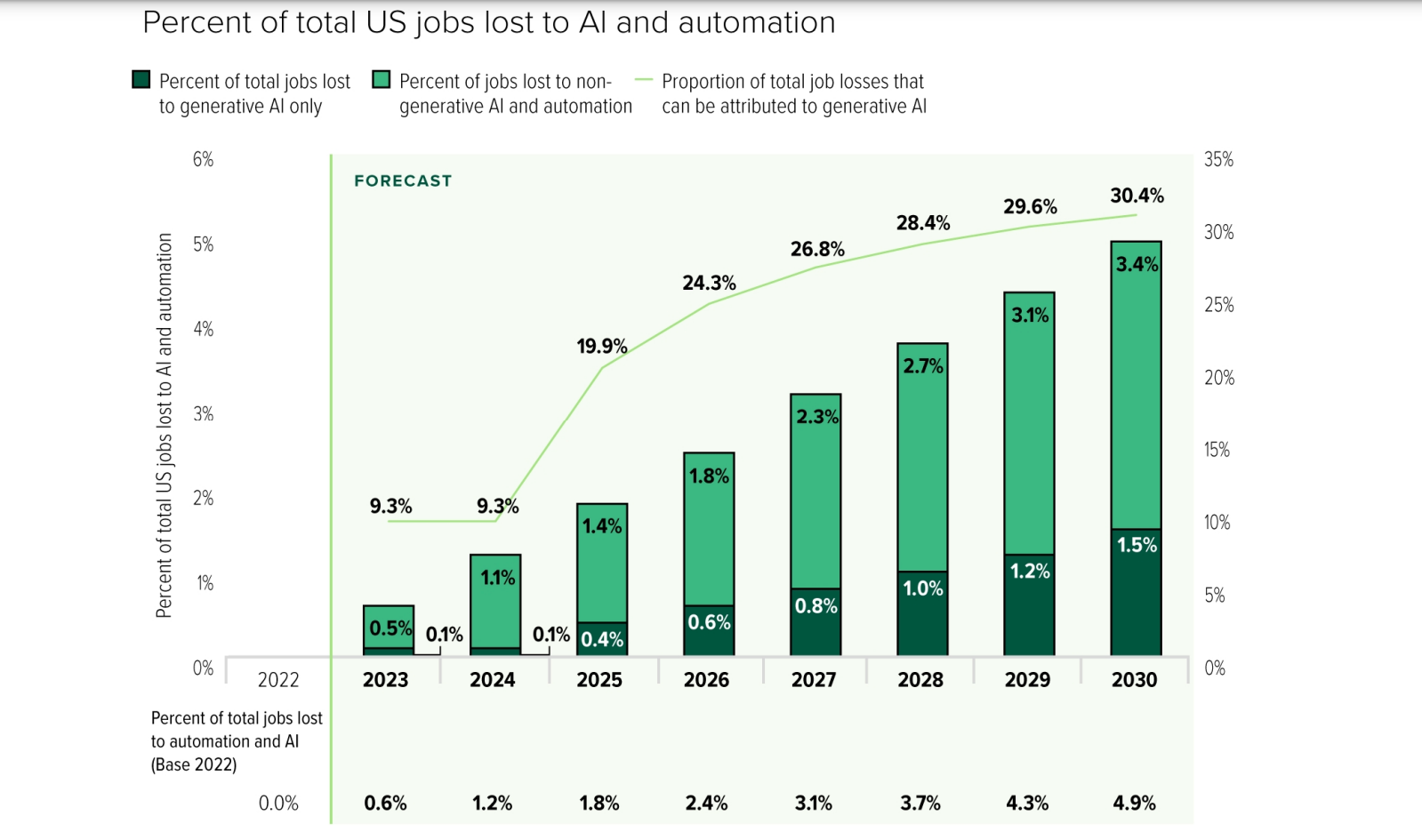A hot potato: One of the first big companies to confirm that it will stop hiring for jobs that could be performed by an AI, IBM, has said that it doesn't intend to lay off any programmers as a result of the technology. Its CEO added that while some jobs were expected to be lost to artificial intelligence, the company will be hiring a much larger number of employees.
Speaking during Fortune's CEO Initiative conference yesterday (via Insider), IBM CEO Arvind Krishna said that he didn't intend to get rid of a single programmer due to AI. "I'll get more," he added.
Krishna believes that rather than costing them their jobs, AI will improve programmers' productivity by 30%. This lines up with similar studies that concluded AI will augment most people's jobs rather than replace them.
It might come as a surprise to see Krishna make reassurances about AI-related job losses, given that the CEO previously said he envisioned about 30% of roles at IBM being replaced by AI and automation over a five-year period. That equates to around 7,800 jobs.
Krishna now says that while he does expect to phase out back-office HR roles, IBM is increasing the number of software engineering and sales roles over the next three to four years, with more positions being added than those erased. "The increase was like 8,000. The decrease was like 800." Krishna said. "The first thing you can automate is a repetitive, white-collar job."
The IBM boss said that while AI could take over 10 to 20% of "lower level" tasks, it was unlikely to automate away somebody's entire job.
Probably the most concerning study on the effect of AI on jobs came in March, which claimed the technology could impact 300 million jobs worldwide. A more recent study that focused on generative AI concluded that it could replace 2+ million US jobs by 2030, with better-educated employees and those on higher wages more at risk.
IBM has also carried out research in the field. Its study found that 40% of the global workforce will have to learn new skills over the next three years due to AI implementation. It summarized with the line: "AI won't replace people---but people who use AI will replace people who don't."

